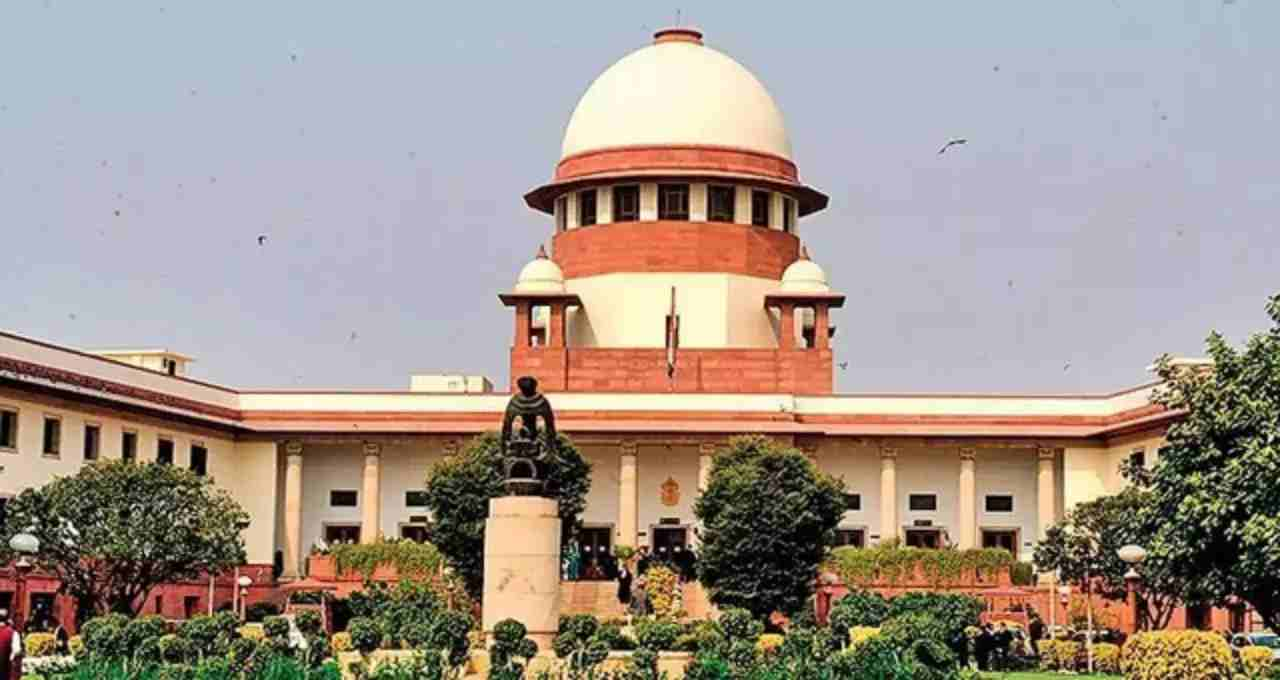The Supreme Court recently clarified in a ruling that any law passed by Parliament or a state legislature cannot be considered contempt of court.
New Delhi: In a recent landmark judgment, the Supreme Court has unequivocally stated that no law passed by Parliament or a state legislature can be deemed contempt of court. However, if such a law conflicts with any provision of the Constitution, its constitutional validity can be challenged in court.
This observation was made by the Supreme Court while delivering its verdict on a contempt petition filed against the Chhattisgarh government, questioning the validity of the ‘Chhattisgarh Assistant Armed Police Force Act, 2011’.
The case is linked to a petition filed in 2012 by sociologist and former Delhi University professor Nandini Sundar and other petitioners, accusing the Chhattisgarh government of disobeying a 2011 Supreme Court order. That order had declared the practice of using tribals as Special Police Officers (SPOs) in anti-Maoist operations unconstitutional and directed an immediate cessation of such practices.
What was the case about?
In 2011, the Chhattisgarh government enacted a new law, the "Chhattisgarh Assistant Armed Police Force Act". This act incorporated the pre-existing SPOs into a regular auxiliary force. Petitioners objected, arguing it constituted contempt of court, claiming the state government had not complied with the Supreme Court's order but instead circumvented it by enacting a new law.

The petition also alleged that the state had failed to release schools and ashrams occupied during the Salwa Judum campaign from the control of security forces and had been negligent in the process of providing compensation to victims.
Supreme Court's unequivocal stance
The bench comprising Justices B.V. Nagarathna and Satish Chandra Sharma stated in its decision, "An Act passed by the legislature cannot be considered contempt of court, irrespective of whether it relates to a prior order of the court." The court clarified that a state legislature has the full power to make laws and remains effective until declared unconstitutional.
The court further stated that if any party believes an Act contradicts the Constitution, it should be challenged through the established legal process, not via a contempt petition.
Through this order, the Supreme Court underscored the separation of powers in India's democratic governance. The court affirmed the legislature's right to amend laws to either remove or effectively address the basis of a court order. This, it asserted, is a fundamental element of "checks and balances" that strengthens the democratic system.










